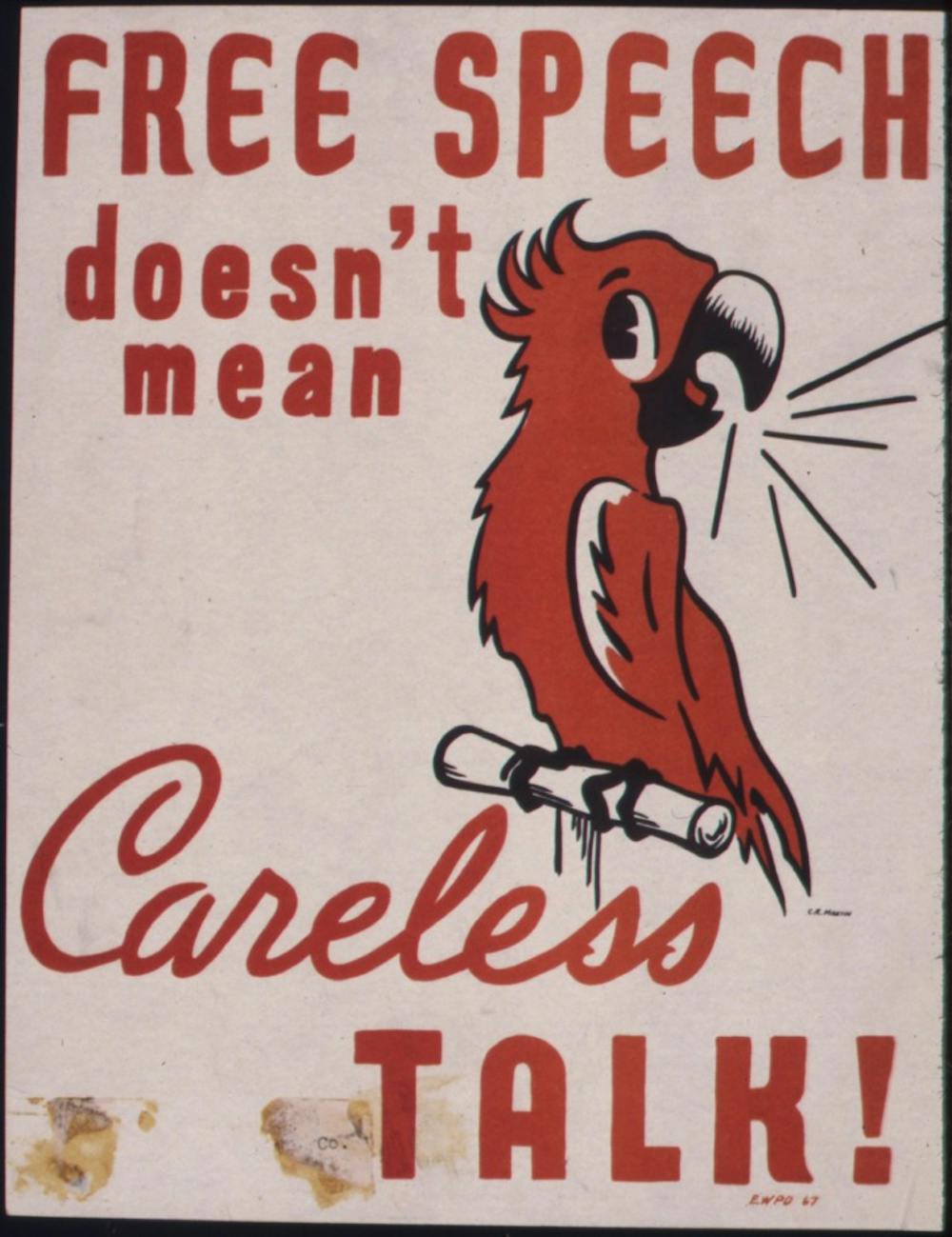By Marshall Oppel | Contributor
Political correctness. Censorship. Being a decent human being. Violating our First Amendment rights.
The topic of political correctness is a fairly heated one. On the one hand, we have a group of people who want to tailor our language to avoid offending people-seems reasonable. But on the other, we have people who don't want to be censored. These people cite our First Amendment's freedom of speech; this also seems reasonable. There has to be a balance somewhere, right? I have conservative views; people should be able to live without someone controlling every aspect of their lives. As a result, I'm against anyone telling me what I can and cannot say. Yet I recognize that not everything should be said. For example, look at recent comments made by the YouTube comedian Pewdiepie. For those unaware, in a recent video he paid a group to hold up a sign saying "death to all Jews" while singing and dancing. He did this as a joke and claims he didn't expect the group to actually do it, yet the event was still streamed to his channel.
Should he have paid the group to do this? Absolutely not. And yet he has the freedom of speech to do this. Should he have taken precautions so that the footage would be not shown if the group did what he paid them to do? Absolutely. Now he faces backlash from fans, YouTube and people who've never heard of him before this. He used to star on Disney's Maker Studios, but now they've pulled his support. And while he has many vocal fans defending him, it seems he'll learn a very expensive lesson from this-you can't publicly say or do anything you want, not even as a joke.
Isn't that what freedom of speech is all about? No, absolutely not. Freedom of speech is the right that protects us from the government telling us what we can and cannot say. Other people likewise have the right to tell us we shouldn't say something; that's their freedom of speech.
As Christians, we fall between the main positions in this debate. On the one hand, freedom of speech is an important right to protect, for if we ever lose that, it would not be a far step to see censorship of preaching and evangelism. And yet we are also called to be kind and loving. I hate to use a massive cliché, but the political correctness debate comes down to a heart issue. Why do we say what we say? If we are speaking out of love, which we should be, we won't use language that hurts someone else just because we can.
Many of us will leave the Taylor bubble in the next three months. As we enter the world, we'll undoubtedly face opinions that offend us. And that's a good thing. It means we're in a country of freedom. But we shouldn't throw that freedom around and use it as an excuse to say whatever we want because we will still face consequences from those around us. You have every right to say something racist if you so choose-but your employer has every right to fire you for doing so, and your customers have every right to boycott you.




